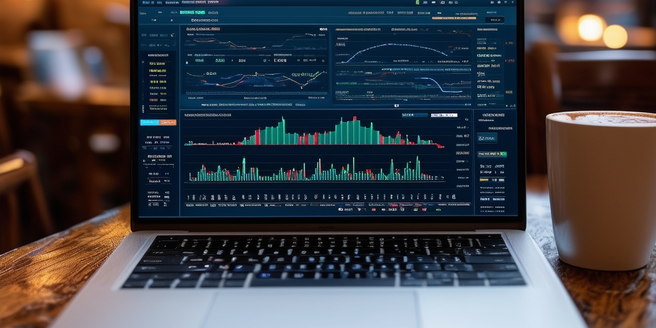
Historical Overview of Sweepstakes
Sweepstakes have been around for centuries, with their origins tracing back to simple lotteries. Over time, they evolved into a popular marketing technique. In the 20th century, companies began using sweepstakes to attract customers and improve sales. The mass distribution of mail-in entries revolutionized the way sweepstakes were conducted. Additionally, regulatory changes ensured a fairer playing field for participants. Sweeps and contests became cultural phenomena during this period. In recent decades, the internet has further transformed the landscape, allowing for online entries and instant wins. The historical significance of sweepstakes lies in their ability to tap into human emotions like excitement and hope, which continues to make them a vital marketing tool.
Current Popular Sweepstakes Formats
Today, sweepstakes come in various formats. Traditional mail-in entries still exist, but digital sweepstakes dominate the field. Social media platforms often host giveaways, requiring actions like ‘liking’ a post or ‘tagging’ friends. These platforms have become integral to many marketing strategies. Many people find these digital giveaways easy and accessible. Instant win sweepstakes, where participants immediately find out if they have won, are also trending. Companies may use quiz-style entries to engage users while gathering valuable data. Multi-tiered sweepstakes combining several entry methods have become popular as well. Innovations in this space continue to shape the landscape, offering fresh opportunities for engagement. These formats reflect changing consumer behaviors and technological advancements, making now an exciting time for sweepstakes enthusiasts.
Legal and Regulatory Considerations
The legal landscape surrounding sweepstakes is complex. At the federal level, the Federal Trade Commission (FTC) enforces laws to prevent deceptive practices. Additionally, each state has its own set of rules and regulations, making it essential for companies to ensure compliance across multiple jurisdictions. Navigating the varying state regulations can be particularly challenging for nationwide promotions. It’s important to seek legal counsel when creating sweepstakes to avoid costly mistakes. Key legal considerations include providing a ‘no-purchase-necessary’ option and clear disclosures regarding odds of winning and prize details. Companies must also navigate marketing laws to ensure their promotions do not mislead consumers. Understanding these legal frameworks is crucial for running successful and lawful sweepstakes.
Consumer Behavior and Sweepstakes
Consumer behavior drives the success of sweepstakes initiatives. Participants are often motivated by the allure of winning prizes, tapping into sentiments of excitement and hope. Marketers leverage these emotions to drive engagement and brand loyalty. Behavioral patterns show that consumers are more likely to participate if the entry process is straightforward and if they perceive the prizes as valuable. A user-friendly online platform can also enhance participation rates. Additionally, exclusive or limited-time offers can further incentivize participation. It is also crucial to maintain trust and avoid any misleading information. Survey data indicates that transparency regarding rules and prize distribution significantly influences participation rates. Effective sweepstakes tap into these behavioral insights, creating a win-win situation for both companies and consumers.
Future Predictions in Sweepstakes Trends
Looking ahead, the future of sweepstakes is likely to be shaped by technological advances and shifting consumer preferences. Augmented Reality (AR) and Virtual Reality (VR) technologies could create immersive sweepstakes experiences. Emerging trends in digital interactions suggest exciting possibilities for participant engagement. Blockchain technology might be used to ensure transparency and security in prize distribution. The integration of Artificial Intelligence (AI) can help personalize sweepstakes, making them more relevant to individual participants. Mobile platforms will likely continue to be a crucial channel for these evolving sweepstakes experiences. Additionally, as consumers grow more privacy-conscious, transparent data practices will become increasingly critical. Regulatory changes may also play a role in how sweepstakes are conducted. These innovations point to a dynamic and evolving future for sweepstakes.
